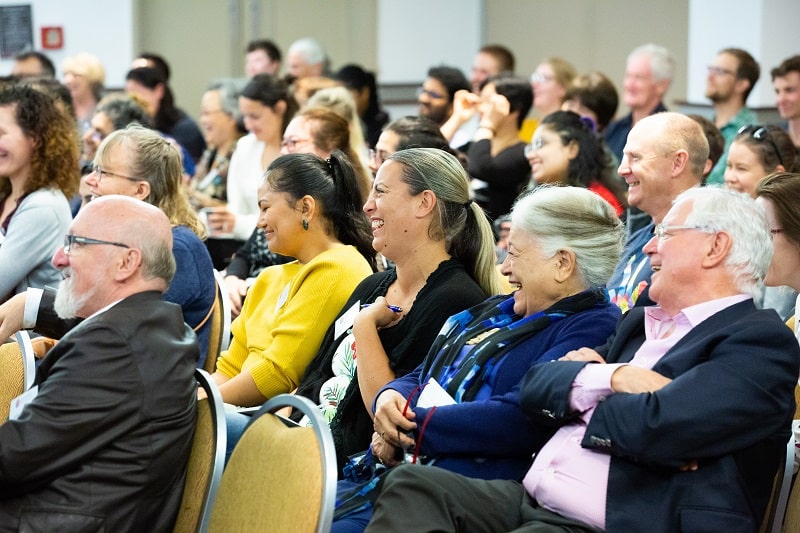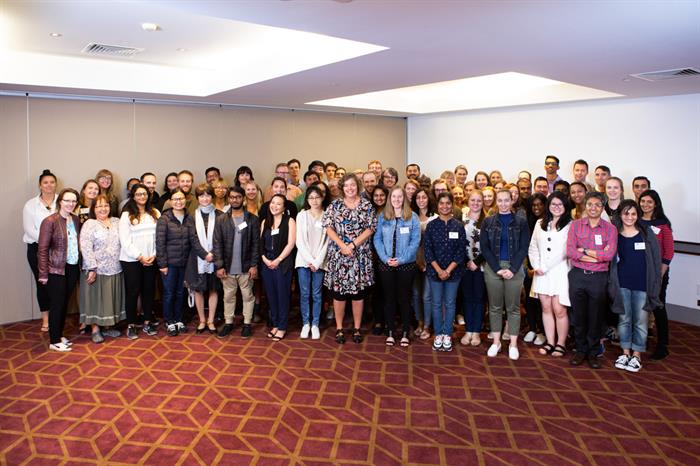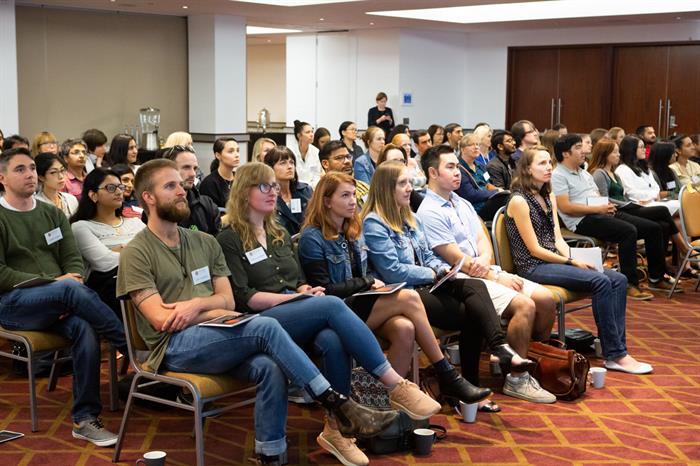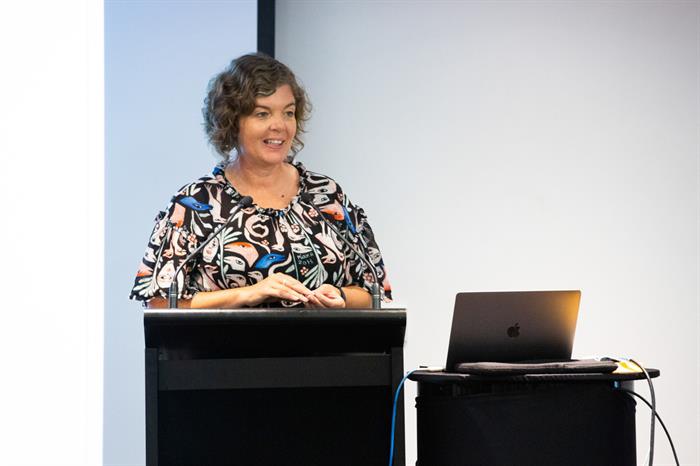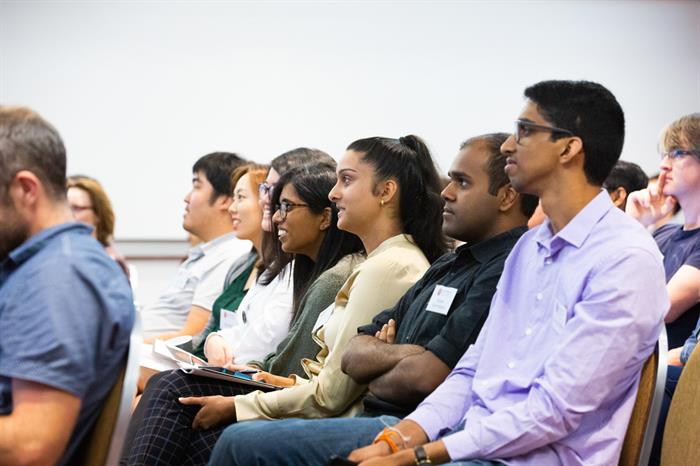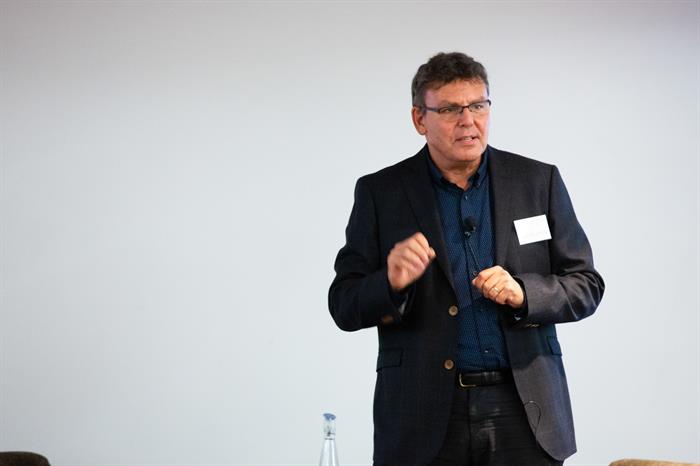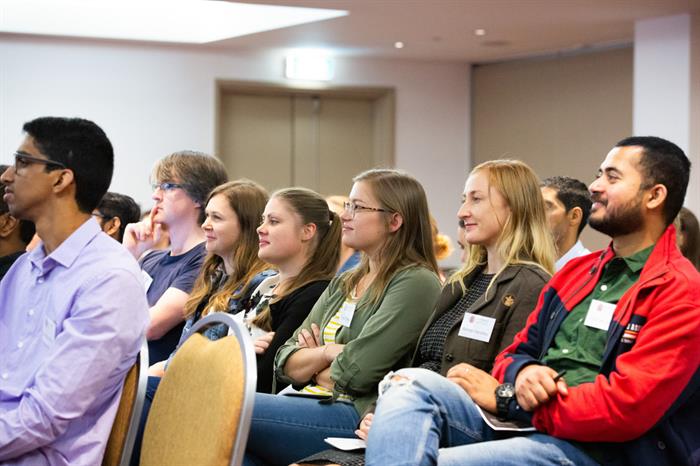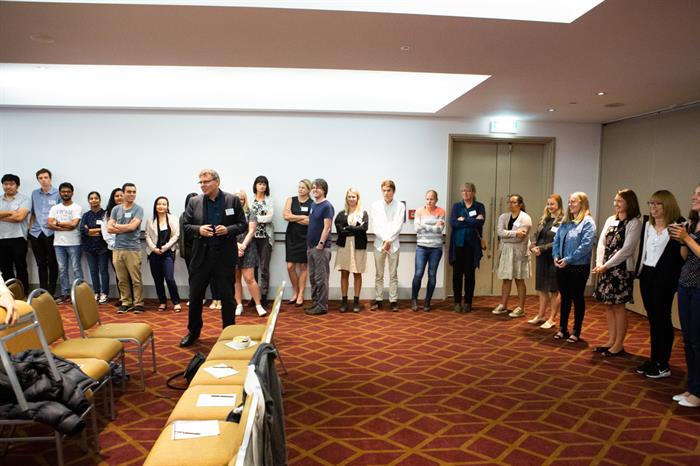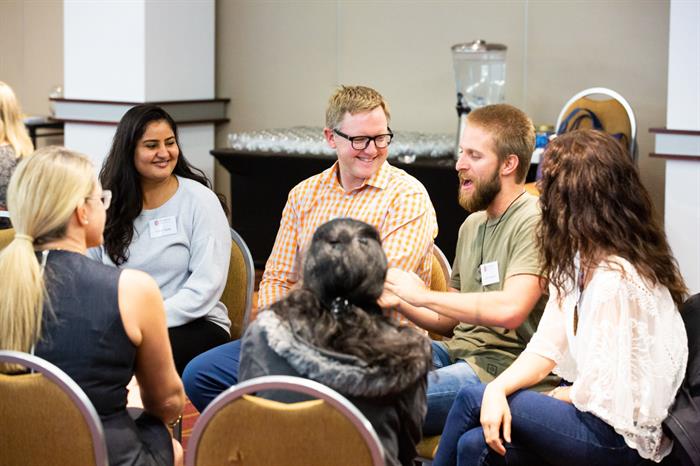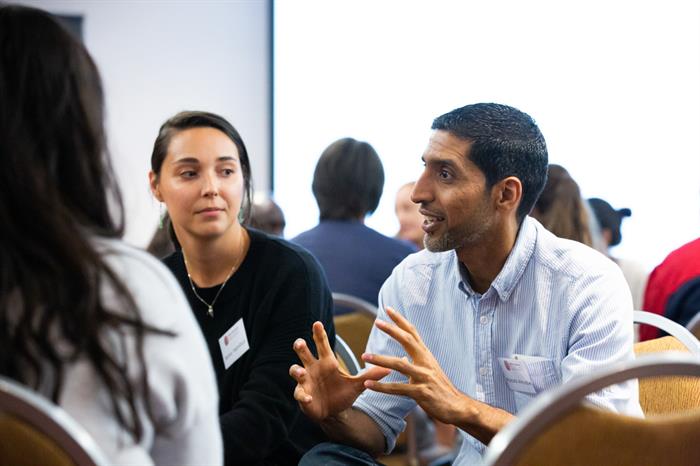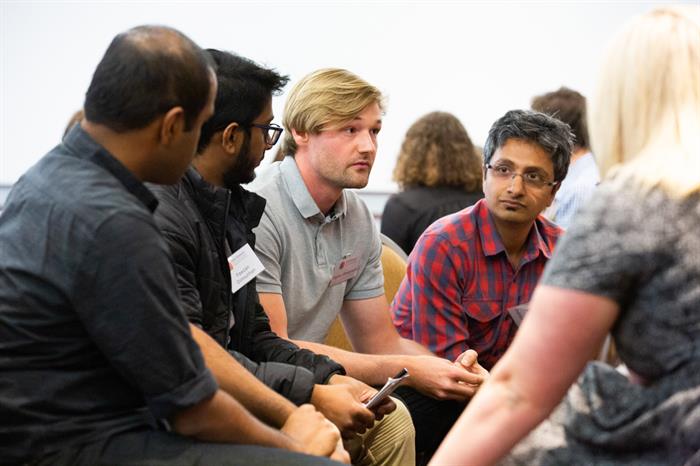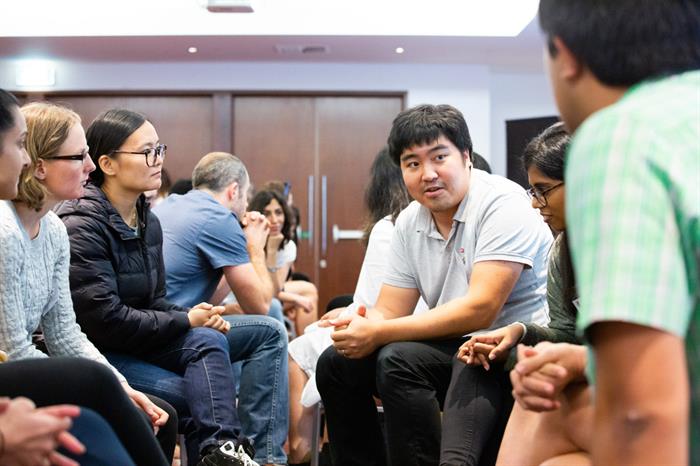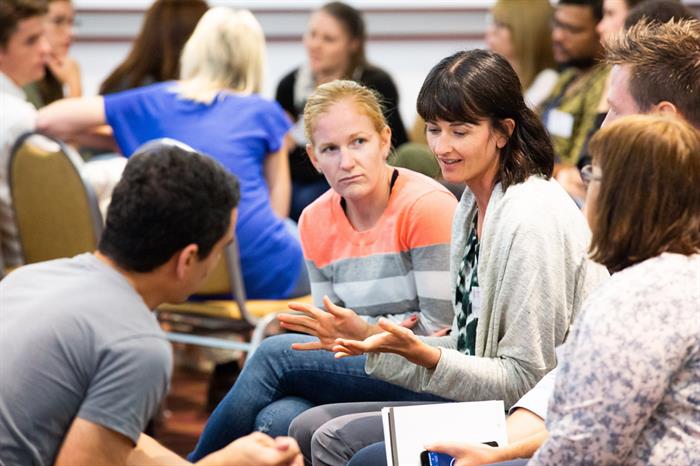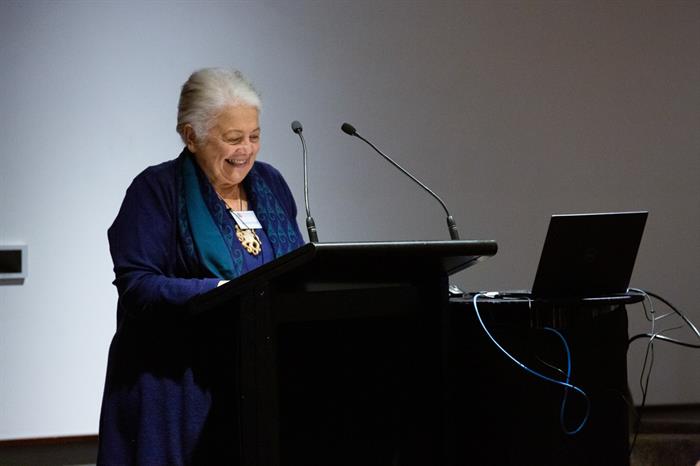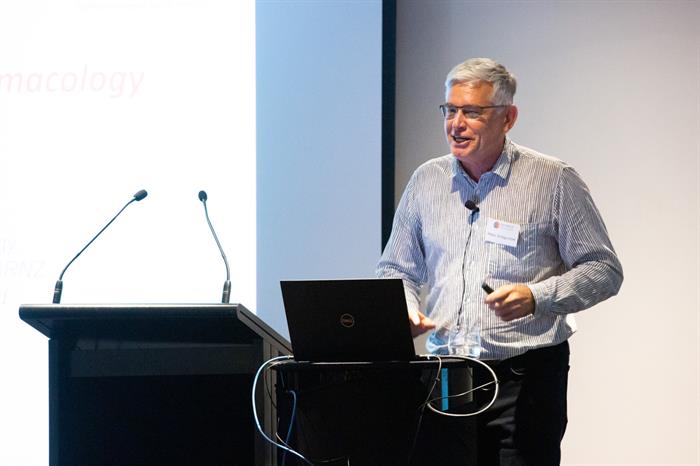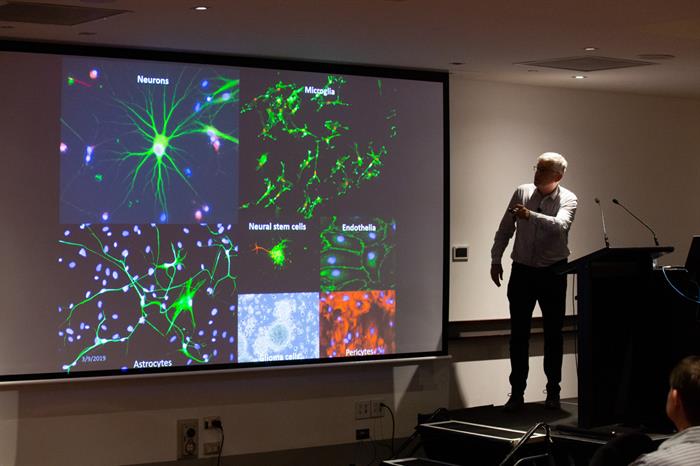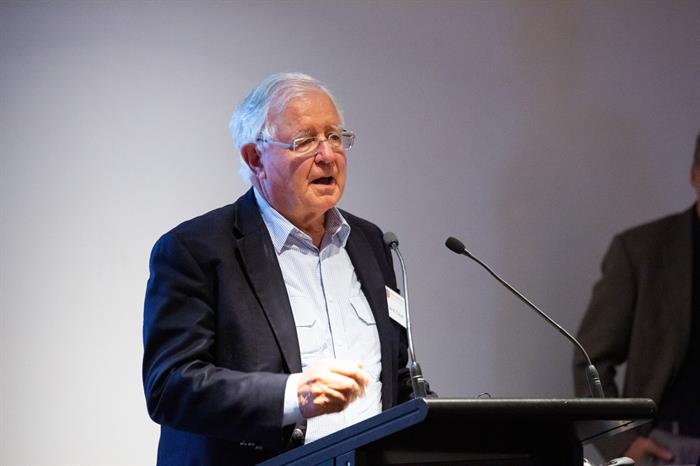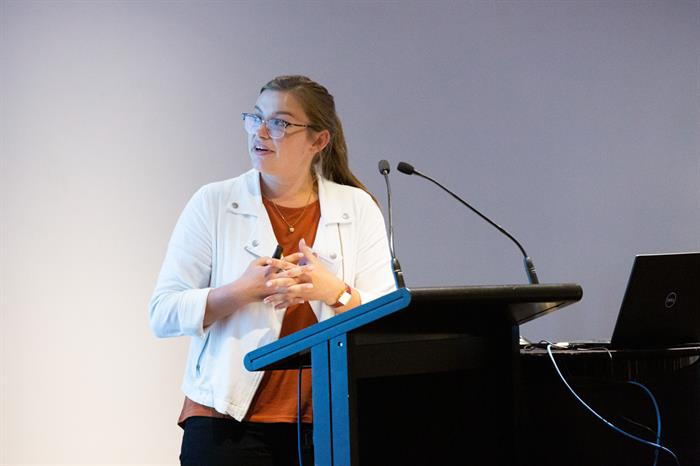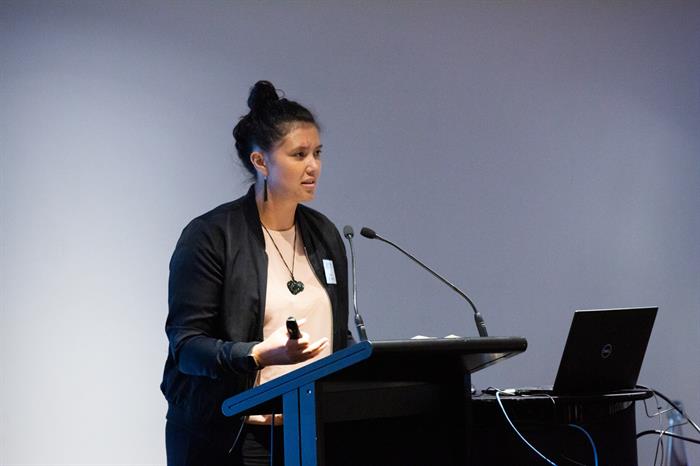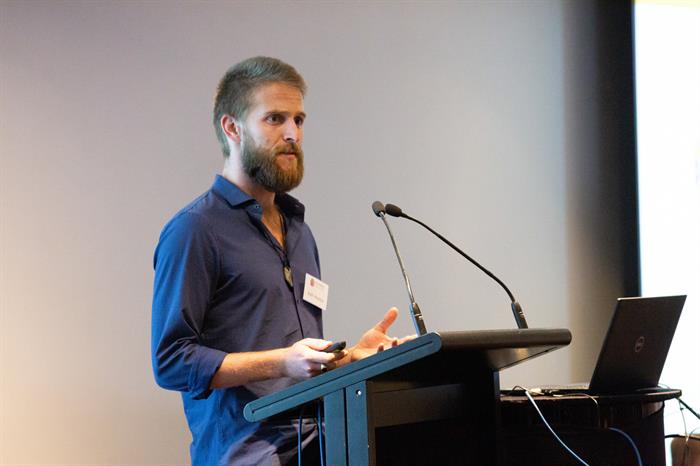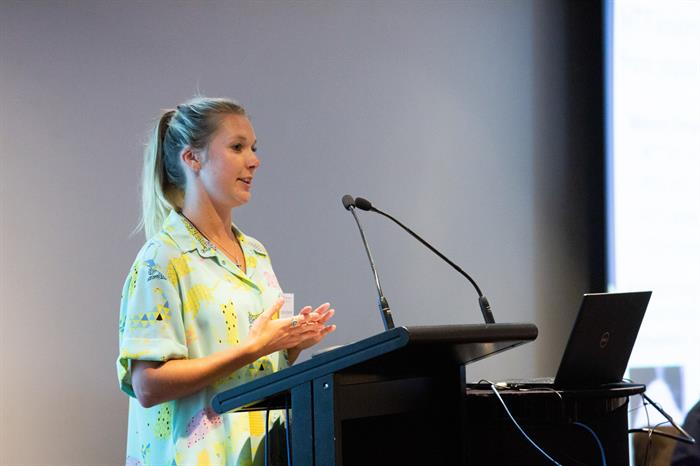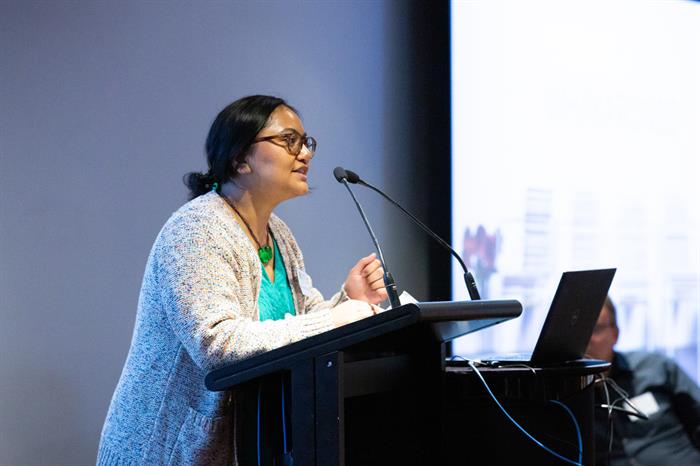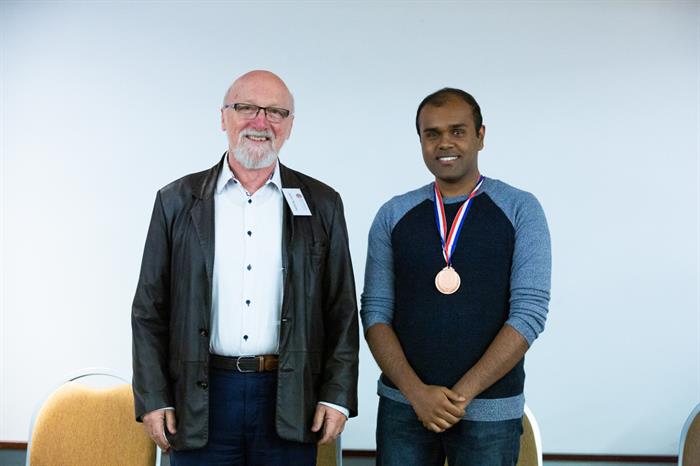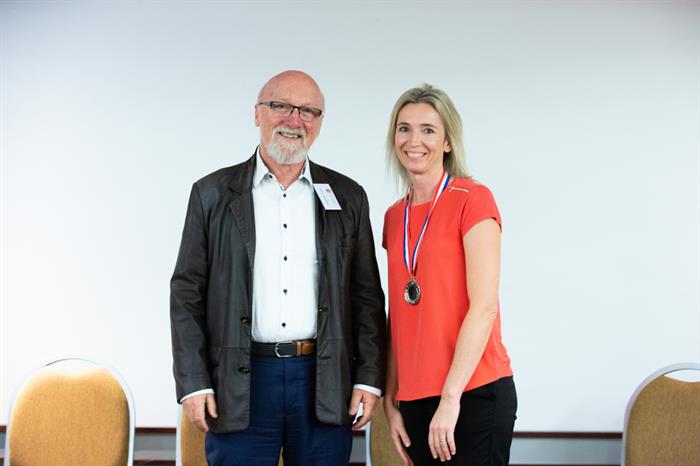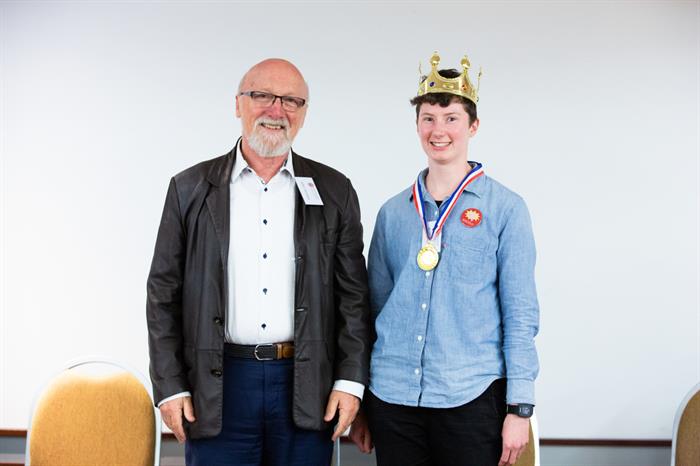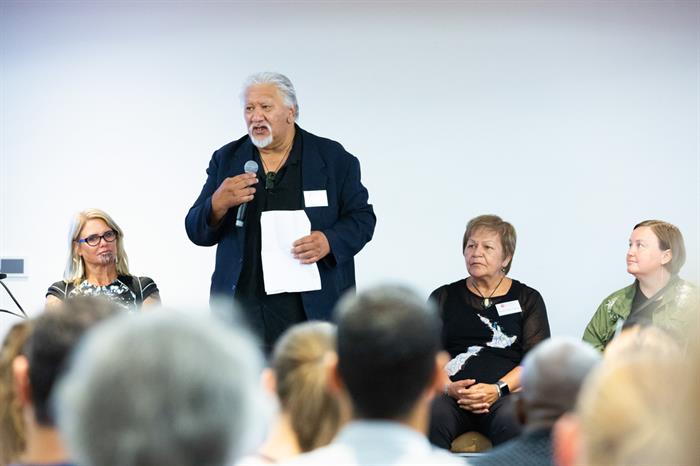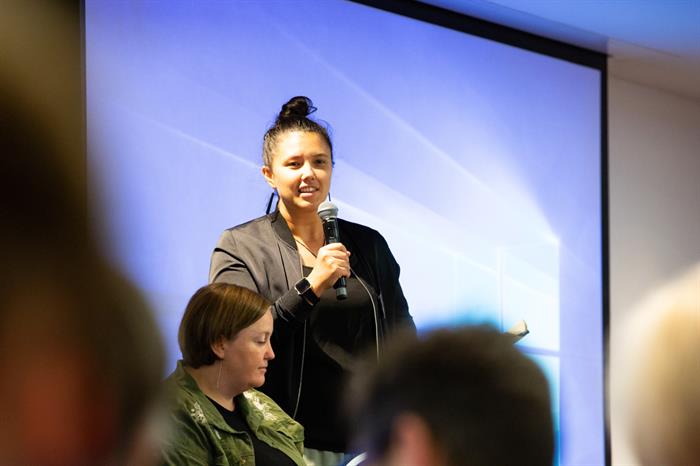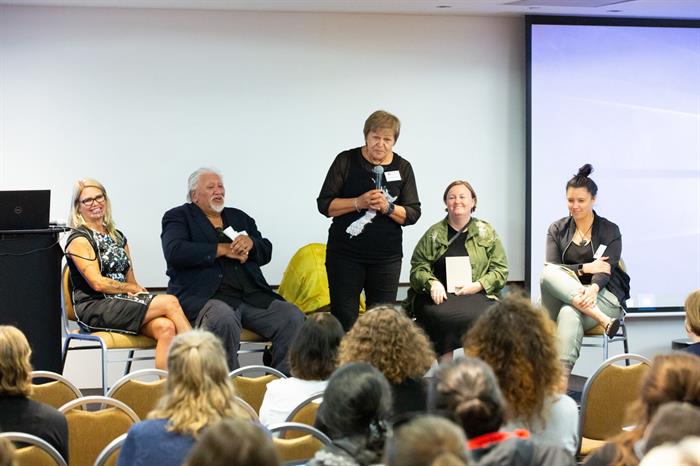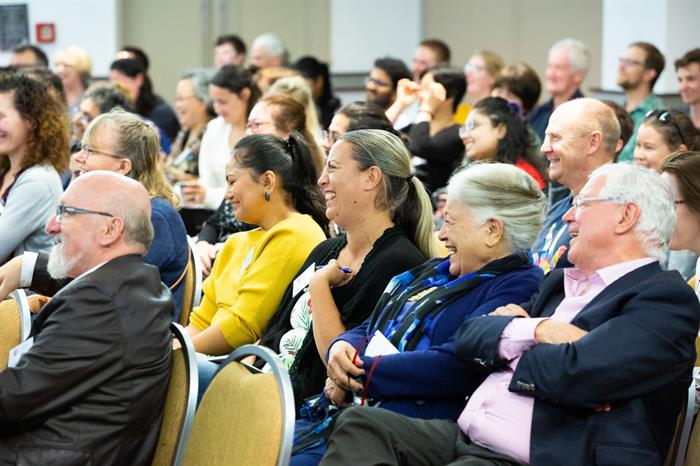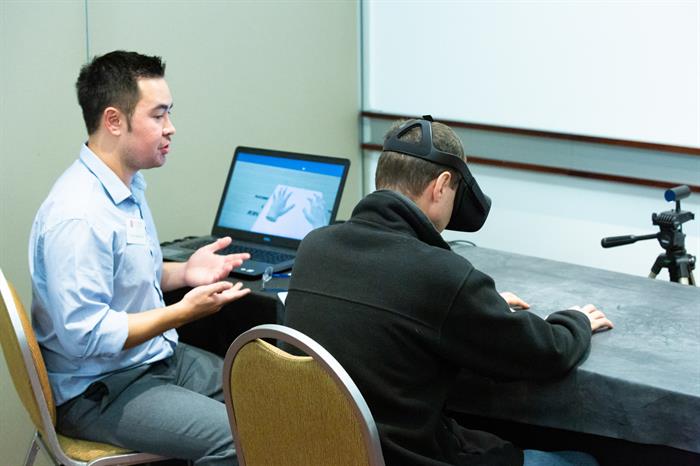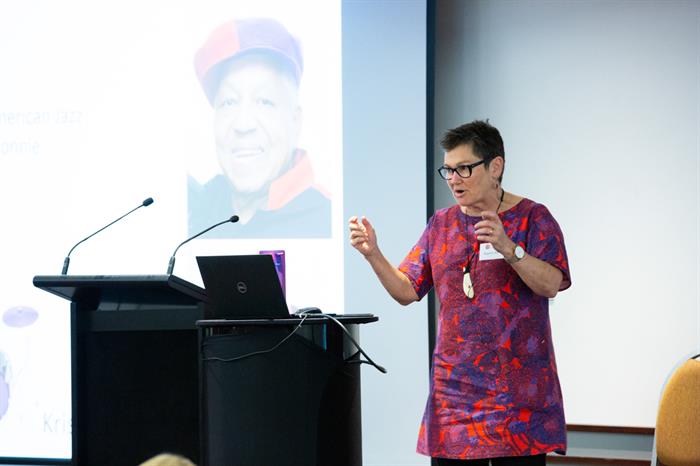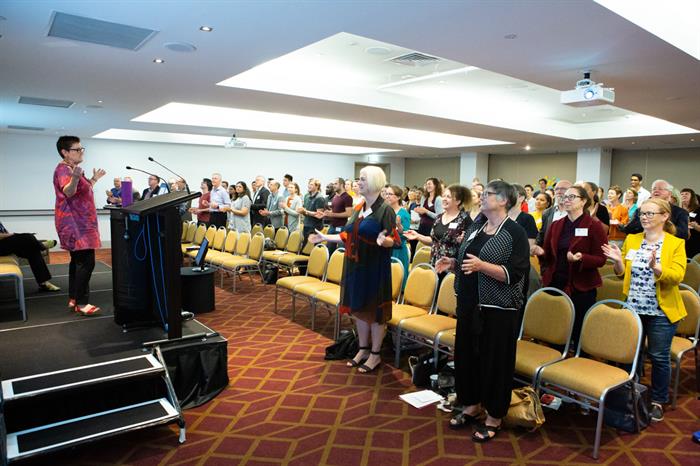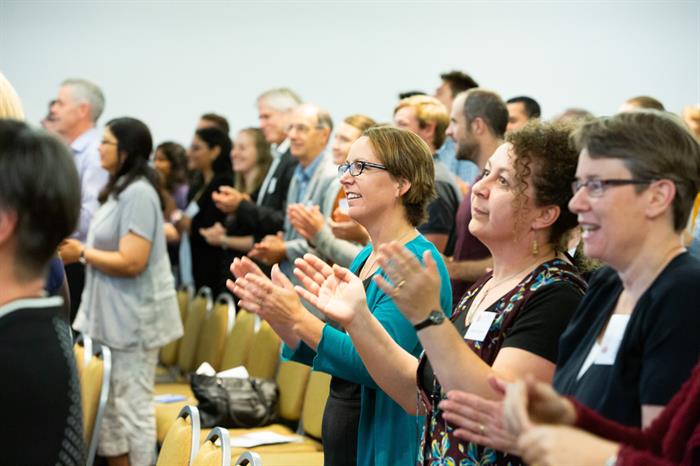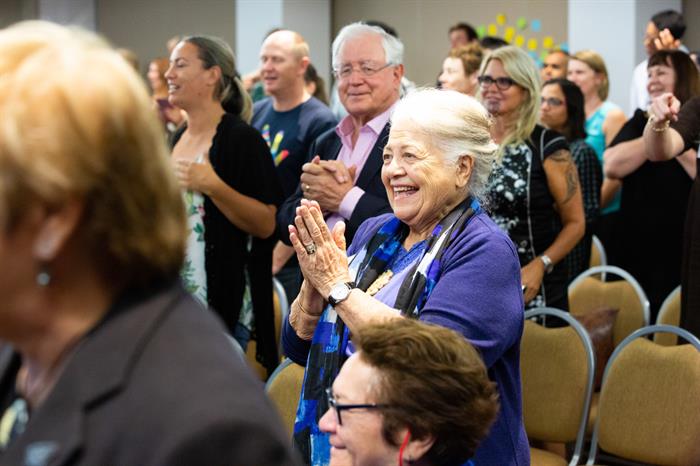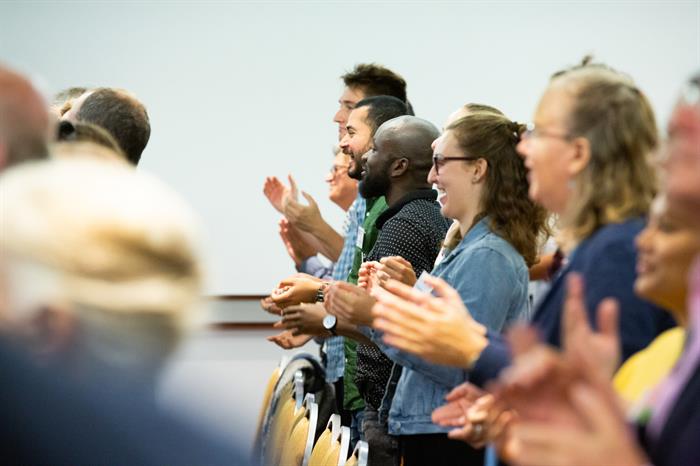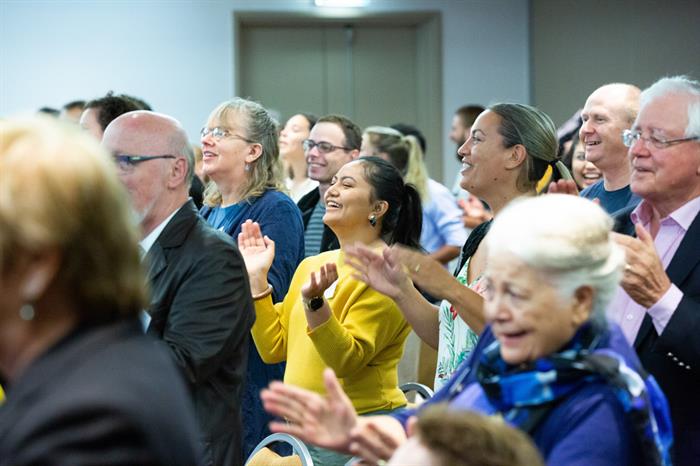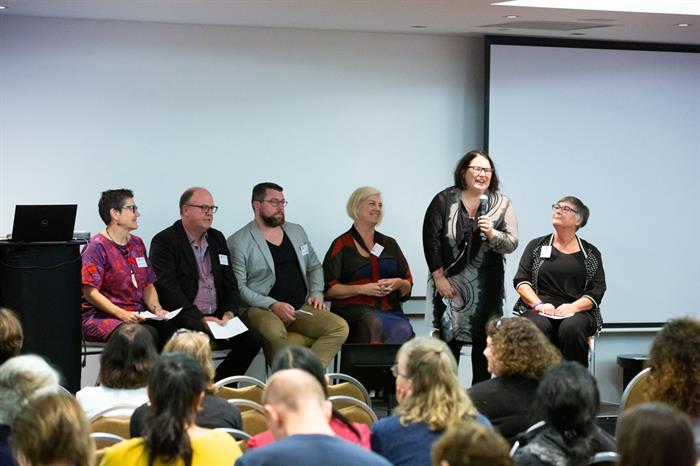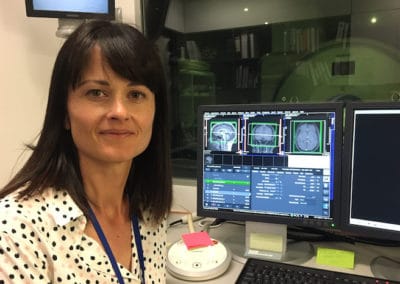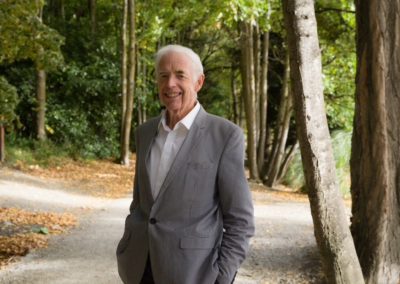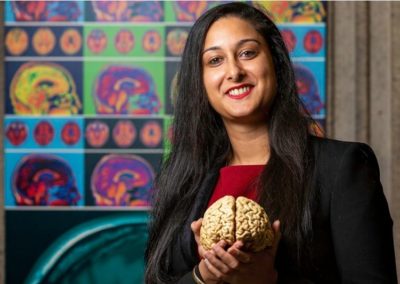On 9-10 March 2019, Brain Research New Zealand (BRNZ) held their first ever conference of the full CoRE including our wider stakeholders, preceded by a workshop for our Early Career Researchers (ECRs). Our members came together in Auckland from across the country and overseas for a weekend of discussing brain research and building relationships.
The ECR workshop started off with a talk by Prof Juliet Gerard, the Prime Minister’s Chief Science Advisor, sharing lessons learnt from her career in science. After that, an animated speed dating session gave our researchers a chance to meet their peers from different locations. The workshop also featured a talk by Prof Jesse Bering (“Bringing your Science to Life through Stories”) and Prof John Reynolds (“Your Journey to Leadership: Learning to be Brave”).
The full conference began with the topics of neurodiscovery and neuroplasticity with ECRs, senior investigators and members of the BRNZ Scientific Advisory Board presenting their research. Then we were treated to the first of what we hope will be a yearly “Faull Lecture”. It was a chance for us to acknowledge the role Sir Richard Faull played in co-founding the CoRE and to celebrate his contribution to BRNZ and to neuroscience. Prof Mike Dragunow delivered the lecture and Dr Waiora Port spoke about Sir Richard’s contribution to Māori and community.
A Three Minute Thesis Competition saw eight of our PhD students battling it out, with Ruth Monk taking first prize with her excellent talk “Huntington’s in a dish”. Sharon Olsen (“A novel neuromodulatory intervention to improve neuromuscular control following stroke”) won second place, and Karan Govindpani (“A role for GABA receptors in cerebrovascular function”) third. Congratulations to all winners and participants – it was exciting to hear snapshots of your research!
Saturday finished with presentations on neurobiomarkers and with a roaring conference dinner at the Fale Pasifika.
Day 2 featured talks on prevention, intervention and delivery, as well as two panel discussion. Dr Hinemoa Elder moderated the Māori Panel Discussion; and the panel members were Piripi Daniels (Waitemata DHB), Chelsea Cunningham (Mātauranga Māori Platform, BRNZ), Dame Rangimarie Naida Glavish (Chief Advisor Tikanga Māori for the Waitemata and Auckland DHBs), and Griffa Rivers (Te Kura Kaupapa Māori o Hoani Waititi). They highlighted the importance of sincere partnership and acknowledged BRNZ’s effort to form strong relationships with Māori communities, while also encouraging us to branch out further.
For the Community Panel Discussion, moderated by Prof Ngaire Kerse, we were joined by panel members from community groups: Stephanie Clare (Age Concern), Deirdre O’Sullivan (Parkinson’s NZ) Don Scandrett (Stroke Foundation), Paul Sullivan (Dementia NZ), and Catherine Hall (Alzheimers NZ). It was an engaging discussion that provided valuable insights into the needs and goals of key community groups across New Zealand.
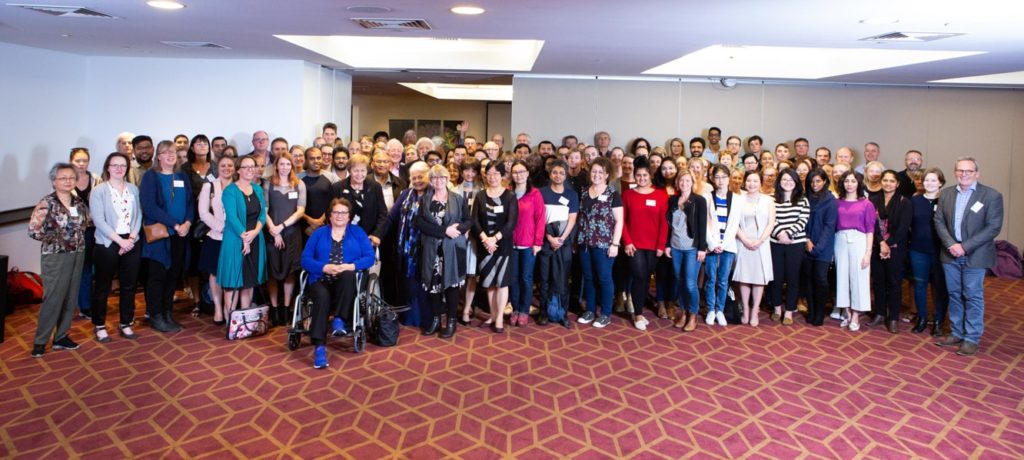
 Overall, the conference was a great opportunity to network, foster collaboration and strengthen the links not only between our researchers, but also with community groups and Māori communities. It has shown us how far BRNZ has come over the last few years and where it might get to in the future. But let’s hear what some of our conference attendees have to say about the event…
Overall, the conference was a great opportunity to network, foster collaboration and strengthen the links not only between our researchers, but also with community groups and Māori communities. It has shown us how far BRNZ has come over the last few years and where it might get to in the future. But let’s hear what some of our conference attendees have to say about the event…
ECR Voices: Conference Impressions
Liz Binns (Auckland University of Technology)
 The ECR workshop was such an interesting day. Listening to the Prime Minister’s Chief Science Advisor describe a non-linear, unexpected career path was inspiring, entertaining and included such pearls of wisdom as “don’t marry then divorce your PhD supervisor”.
The ECR workshop was such an interesting day. Listening to the Prime Minister’s Chief Science Advisor describe a non-linear, unexpected career path was inspiring, entertaining and included such pearls of wisdom as “don’t marry then divorce your PhD supervisor”.
I was dreading the speed dating as ice breakers are not my thing. It was fabulous! By the end of 2 hours I had 5 new friends and an understanding of the work they did and had met half the room. This meant that the next day when I walked into the conference proper it was full of friendly faces.
I left the conference with a wonderful sense of collegiality. During the course of the conference the directors and Board members were so welcoming and open, all the delegates were too. So for me it was the networking, the face to face relationship building – priceless.
Sophie Barnett (University of Canterbury, Christchurch)
 As a PhD candidate from the University of Canterbury I get so much from both the ECR workshop and the BRNZ conference. Compared with Auckland and Otago we don’t have as many neuroscience researchers, so it provided an amazing opportunity to meet with fellow neuroscientists, discuss where other labs are directing their efforts, share knowledge and facilitate future collaborations. The conference itself also provides a wonderful learning opportunity with so many interesting speakers.
As a PhD candidate from the University of Canterbury I get so much from both the ECR workshop and the BRNZ conference. Compared with Auckland and Otago we don’t have as many neuroscience researchers, so it provided an amazing opportunity to meet with fellow neuroscientists, discuss where other labs are directing their efforts, share knowledge and facilitate future collaborations. The conference itself also provides a wonderful learning opportunity with so many interesting speakers.
This year the BRNZ conference was quite daunting at first as I was invited to co-chair a session and present my thesis in three minutes. I love what I study and I love talking with others about my work, but one of my real hurdles is public speaking. However, Tim David (my co-chair) was wonderful in giving me a brief instruction on what to do (even though he did give me the two most difficult names to pronounce!), and I thoroughly enjoyed the experience. The Three Minute Thesis competition was brilliant and whilst my voice still shook whilst presenting, I am incredibly thankful for the opportunity as it helps me gain confidence in my ability to share my research with a large group of people. Overall, I think both the ECR workshop and BRNZ conference are incredibly valuable.
Josh Houlton (University of Otago, Dunedin)
 Personally, I found this year’s ECR workshop an amazing opportunity to build relationships with other young, likeminded scientists from across Aotearoa. Several of the amazing people I have met this year I have kept in contact with and we have begun planning some exciting collaborations – something that wouldn’t have been possible without the networking potential that the BRNZ workshop offers.
Personally, I found this year’s ECR workshop an amazing opportunity to build relationships with other young, likeminded scientists from across Aotearoa. Several of the amazing people I have met this year I have kept in contact with and we have begun planning some exciting collaborations – something that wouldn’t have been possible without the networking potential that the BRNZ workshop offers.
One thing I love about the BRNZ conference and workshops is how each year they continue to provide a fresh and exciting range of topics and talks. Whilst many of the talks didn’t relate directly to me in the stroke field, they always captured my interest and left me thinking how aspects of their research could be involved in my work.
I was also fortunate enough to be selected for a Three Minute Thesis presentation, which allowed me to practice conveying my work in a lay and straightforward manner. Being someone who is still braving the ‘public speaking’ front, I valued having the opportunity to push myself out of my comfort zone whilst also showing some of the exciting work I have been involved with over the past few years.
Lastly, I found the community panel sessions a unique experience. They allowed an ECR like myself to see into the ‘other side’ of research, specifically where our research hopes to contribute to helping the lives of people living with neurodegenerative diseases. To hear these people talk about how they value our work and how it contributes to their cause really resonated with me, reminding me of the underlying reason of why I began my journey into research.
Brigid Ryan (University of Auckland)
 The real value of the ECR workshops for me has been developing relationships with other ECRs from around the country. Every year I discover connections with one or two more ECRs and it’s a great way to find other researchers who are interested in your field. The 2019 ECR workshop programme was varied and thought-provoking, and the speed dating was (as ever) both informative and entertaining. It was fantastic to combine the ECR workshop with the first BRNZ conference this year – the programme really highlighted the breadth and quality of BRNZ research. I particularly enjoyed the panel discussion with community partners, the Three Minute Theses, and, of course, the poignant (and memorably illustrated) Faull Lecture.
The real value of the ECR workshops for me has been developing relationships with other ECRs from around the country. Every year I discover connections with one or two more ECRs and it’s a great way to find other researchers who are interested in your field. The 2019 ECR workshop programme was varied and thought-provoking, and the speed dating was (as ever) both informative and entertaining. It was fantastic to combine the ECR workshop with the first BRNZ conference this year – the programme really highlighted the breadth and quality of BRNZ research. I particularly enjoyed the panel discussion with community partners, the Three Minute Theses, and, of course, the poignant (and memorably illustrated) Faull Lecture.
